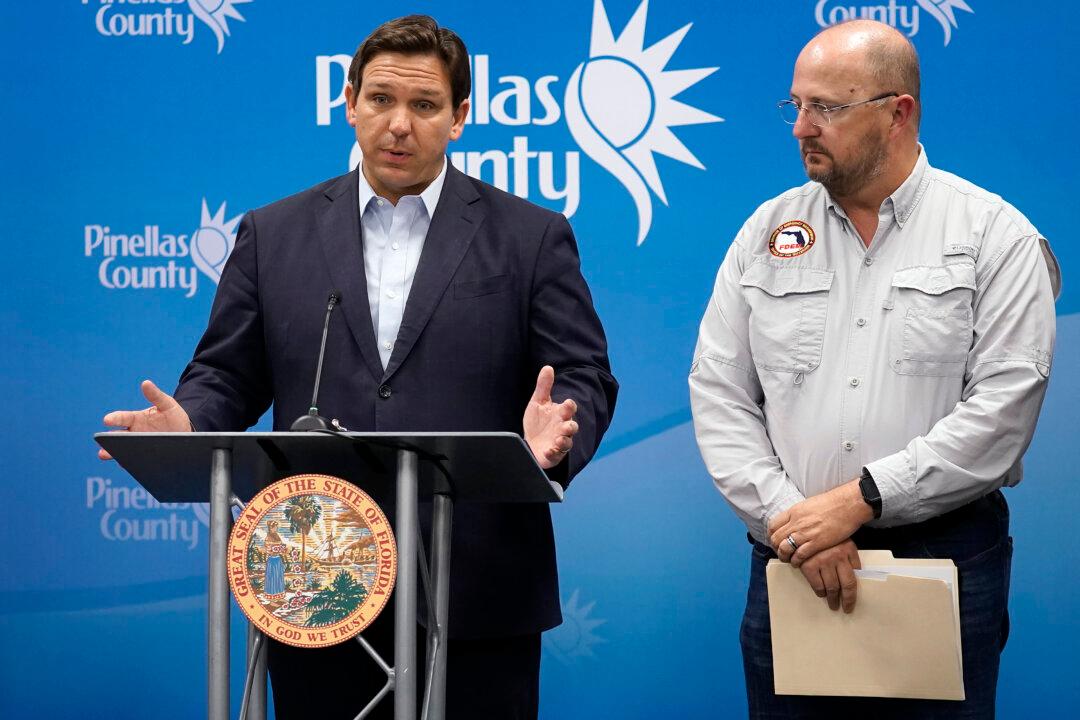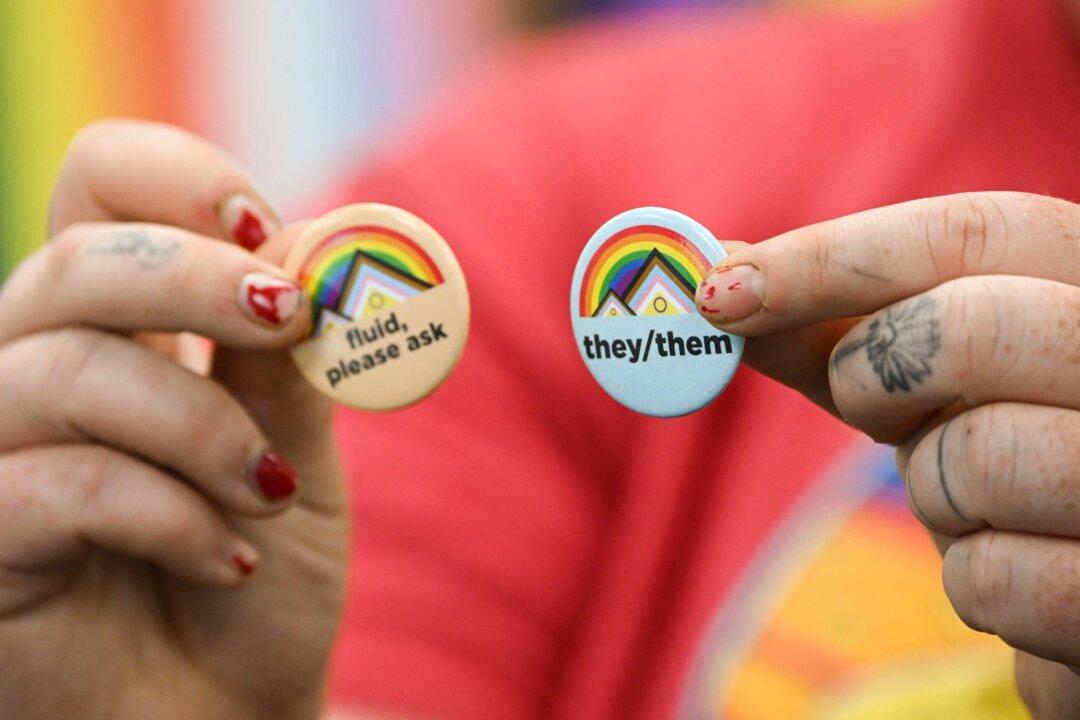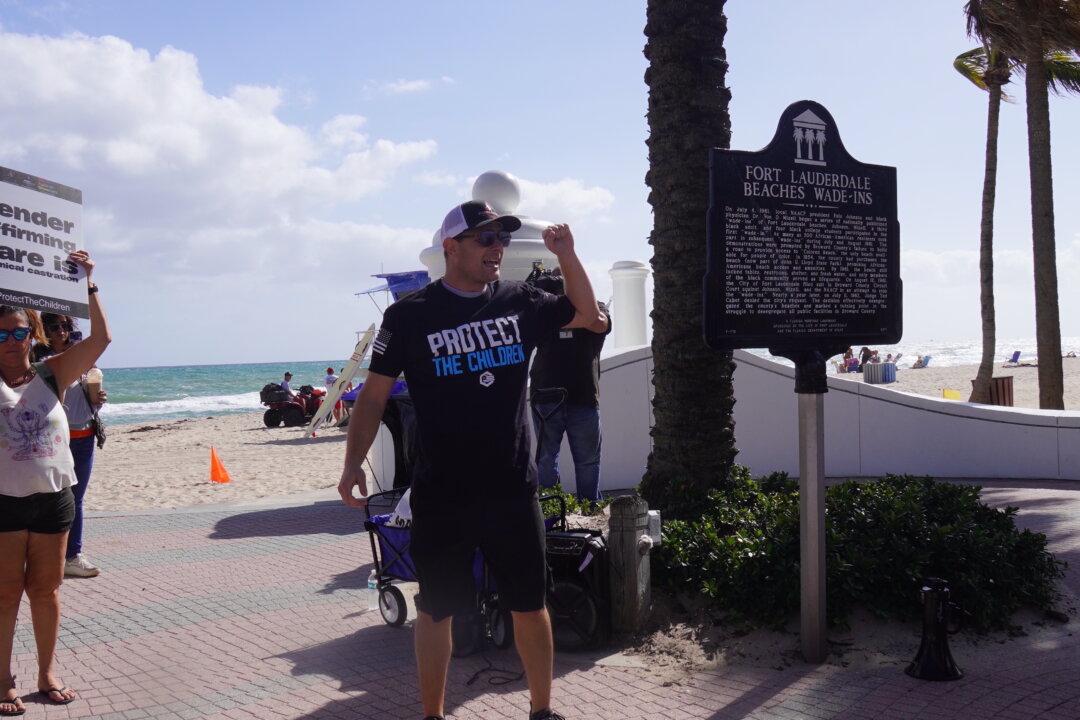PUNTA GORDA, Fla.—Voters in three Southwest Florida counties that were devastated by Hurricane Ian will have more options to cast their ballots on Nov. 8 under an emergency order signed by Gov. Ron DeSantis on Oct. 13.
Charlotte, Lee, and Sarasota counties will see changes as the result of residents being displaced because their homes were destroyed in the Category 4 hurricane that made landfall on Sept. 28.




